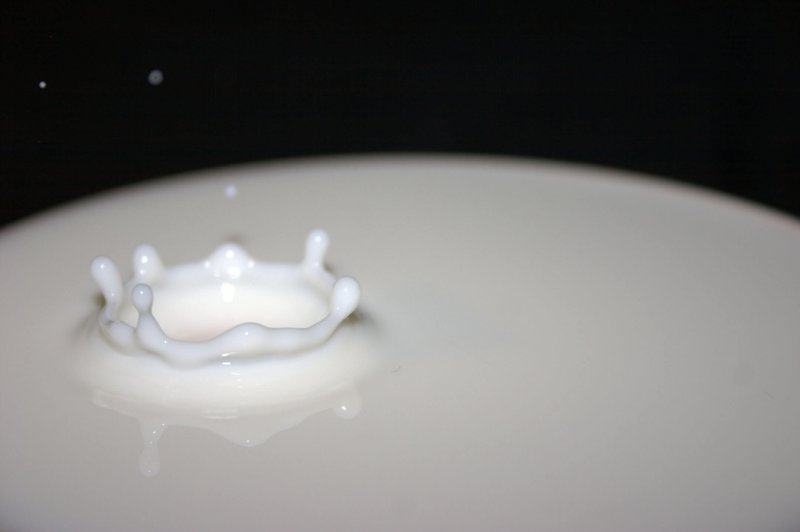Last week an anti-GMO group called on Starbucks to serve only organic milk, thereby eliminating the potential for GMOs, in its 20,000 plus stores located in 62 countries. But it looks like Starbucks won’t be changing its menu anytime soon.
The organization, GMO Inside, has a strong track record of persuading large companies to drop GMO ingredients. A social media campaign led by the group was apparently influential in convincing General Mills to eliminate GMO ingredients from Cheerios.
GMO Inside has again launched an online campaign that calls “on Starbucks to stop sourcing milk from cows fed genetically modified organisms (GMOs) in feed, including corn, soy, alfalfa, and cottonseed, and to use a third-party verifier to ensure that the milk used at Starbucks stores is, in fact, sourced from cows eating non-GMO feed.”
“Starbucks already serves soy milk that is organic and non-GMO. Consumers also deserve dairy milk held to the same standard and level of quality,” wrote Green America’s GMO Inside Campaign Director Nicole McCann in a press release. “Consumers will put pressure on Starbucks to serve only organic, non-GMO milk. And the reality is that the process Starbucks put in place to remove rBGH from its milk source can be used to source organic milk.”
Although Starbucks began sourcing rBGH-free milk back in 2008 under pressure from investors and consumers, according to the Simon Redfern, director of corporate affairs for Starbucks UK, the company will not begin sourcing organic milk.
Redfern told The Grocer, a UK publication that covers the food industry, “we keep all aspects of our business under regular review and our milk supply is no different. At this current time we have no plans to change our milk.”
Redfern’s comments are in stark contrast to recent statements by large food manufacturers and grocery chains, including supermarkets Kroger and Safeway’s announcement that it would not stock GMO salmon even if it is approved.
Additional Resources:































